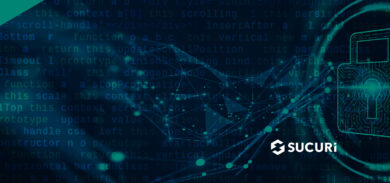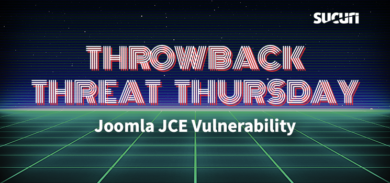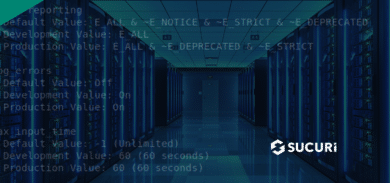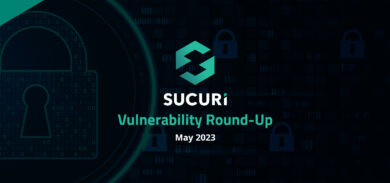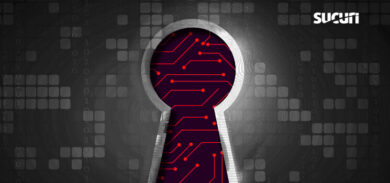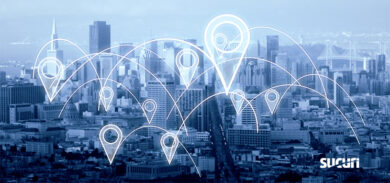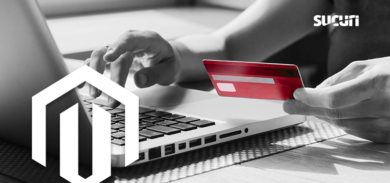Have you included website security as a part of your new year’s resolutions for 2019?
Here is a quick retrospective on tips some of our team members shared with us throughout the year.

The cost for neglecting security is 10 times greater than the effort to keep it safe. Your brand value takes 10 times as long to be recovered than to build it. Make sure to follow security best practices to protect your web assets.

Watch out for automated attacks. Automated attacks are basically a hacker sending a robot out to check every door on the block and see if it’s locked. They aren’t targeting anybody specifically, but checking to see whose house is vulnerable. Ninety percent of hacks are not big websites, but small easy opportunities. Insane right? So keep your website safe, and make sure to update your CMS and plugins regularly.

Working in billing, people occasionally send their full credit card details in an email with a note like, “Hey, I updated my card and wanted to renew. Here are my new card details.” BOOM! This is an extremely bad practice and gives attackers an easy opportunity to obtain your credit card information. Unencrypted email is one of the riskiest ways to send credit card information. It offers attackers four points of exposure–your computer, your email server, your recipient’s email server and your recipient’s computer. I highly recommend that you never provide your full card details to anyone by unencrypted email or chat because you may be putting your personal (or corporate) funds in danger.

Be a little paranoid about your presence online. Backup your things, don’t trust links, and don’t share too much.

I am a person that is skeptical about buying online. When doing so, I take precautions by making sure that the website is a trusted one, that there is a proper payment gateway, and that there is a data-protection policy in place.

Trust no one and assume you are already hacked. Use a password manager. Disable JavaScript and Flash on your browsers. If you can’t follow these tips, disconnect yourself from the internet.

Change your passwords, use Two-Factor Authentication and protect your privacy on social networks!

Keep your software updated and always have a backup. It’s better to be safe than sorry.

“Only the paranoid survive.” – Harold Finch, Person of Interest.

Beware of public WiFi unless you are able to use a secure VPN to protect yourself–especially the ones without passwords. That includes hotels, airports, and schools! Ideally, you should buy a local, prepaid data SIM to do your work.

I preach the need for backups whenever possible. They can be lifesavers in the time of crisis. Of course be sure to store your backups in a secure place away from your main site.
A Malware-Free New Year!
In 2019, stay ahead of emerging threats. Sign up for free to receive technical information about current security issues, vulnerabilities, and exploits.
The Sucuri team wishes you a malware-free new year!

